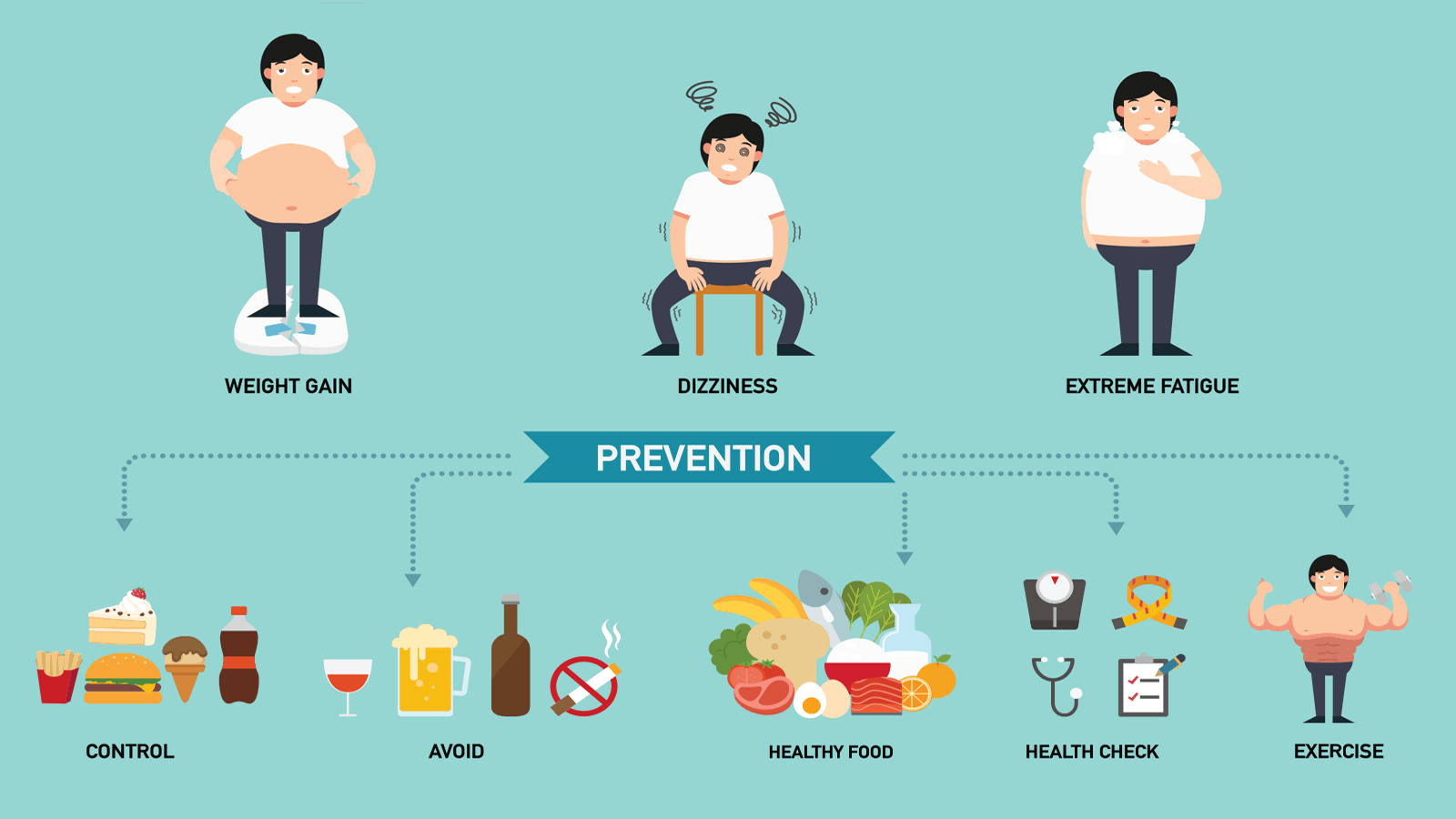Those who are diagnosed with diabetes are often familiar with the symptoms and side effects that are associated with the condition. Unfortunately, there are currently no cures available for the ailment.
If you want to obtain treatment and reduce the effects of your diabetes symptoms, there are a few habits to develop.
1. Obtain Proper Nutrition
Aside from taking medication each day, it’s important to obtain proper nutrition to ensure that you can alleviate some of the symptoms that are associated with diabetes. Cutting out certain foods is necessary to control your blood glucose levels and maintain a healthy weight. Eating whole foods and cutting out sugar will reduce your risk of cardiac and vascular issues that can develop.
2. Remain Physically Active
Staying physically active is necessary to manage your weight and reduce the risk of obesity. Attempt to exercise most days of the week and perform at least twenty minutes of exercise each time. This activity can include jogging, cycling, and participating in sports.
3. Control Sleep Apnea
Getting more sleep each night is integral to managing blood sugar spikes and dips. Many people who have diabetes also suffer from sleep apnea, which can cause you to stop breathing in the middle of the night. You may need to wear a breathing device or undergo surgery to control sleep apnea.
4. Reduce Your Stress Levels
You also want to reduce your stress levels to ensure that your blood sugar levels are under control. Consider meditating, getting more sleep, and avoiding alcohol or caffeine to reduce stress that you may experience. Exercising on a regular basis can also alleviate anxiety or stress in the body.
5. Count Carbs
Counting carbohydrates that you consume each day can be beneficial to alleviating your diabetes symptoms because it prevents your blood sugar from spiking or plummeting. It’s recommended that women get 35-45 grams of carbs per meal and that men have an intake of 45-60 grams. Consider pairing your carbohydrates with protein to ensure that your digestion slows down, which can allow you to feel full for a longer period. You’ll also want to get enough fiber in your diet. That’s because you’ll help prevent cholesterol from building up in the blood vessels. If you want to obtain healthy sources of fiber, opt for sweet potatoes, rice, dried beans, and pumpkins.
6. Get Regular Checkups
Many people who are diabetic don’t understand the importance of getting regular checkups to monitor their health. So keep your regular appointments with your physician to ensure that you undergo tests and screenings on a routine basis. This care can detect any issues that may develop. Address any topics that you want to discuss and feel free to ask questions.
7. Monitor Your Emotional Health
It can be easy to suffer from depression due to the side effects that are caused by diabetes, making it necessary to monitor your emotional health. Common signs include sleeping too much, having a lack of motivation, difficulty falling asleep, feeling down, or having relationships that begin to suffer. Contacting a medical professional once you begin to feel down or sad is necessary to ensure that you obtain the help that you need to improve your mood and have the motivation to care for your health.
8. Join a Support Group
Getting support from other individuals who are currently suffering from similar health conditions is necessary to avoid feeling alone or isolated. Consider joining workshops or finding a local group that meets regularly. That’s because you’ll ensure that you have the support that you need to thrive and continue caring for your health. You can start new relationships with the other individuals. Besides that, you’ll learn important tips or obtain advice on how to alleviate the symptoms that you may experience as a diabetic.
9. Remain Consistent with Checking Your Blood Sugar
You’ll need to check your blood sugar level on a consistent basis to monitor your health and prevent it from fluctuating. You’ll need to check the blood sugar level when you wake up each morning, before or after you exercise, and whenever you don’t feel like yourself. Remain conscious of any new or unusual symptoms that you may begin to experience before testing your blood sugar.
10. Avoid Dieting
Instead of trying to lose weight by dieting, stick to eating healthier food options that are natural and don’t contain artificial ingredients or preservatives. Eat a variety of different foods and work with a nutritionist to maintain your health over time.
Knowing the right steps to take to manage and treat the symptoms that are associated with diabetes is necessary to feel more like yourself and maintain your health. Remaining educated and working with healthcare professionals can allow you to improve your well-being.

















